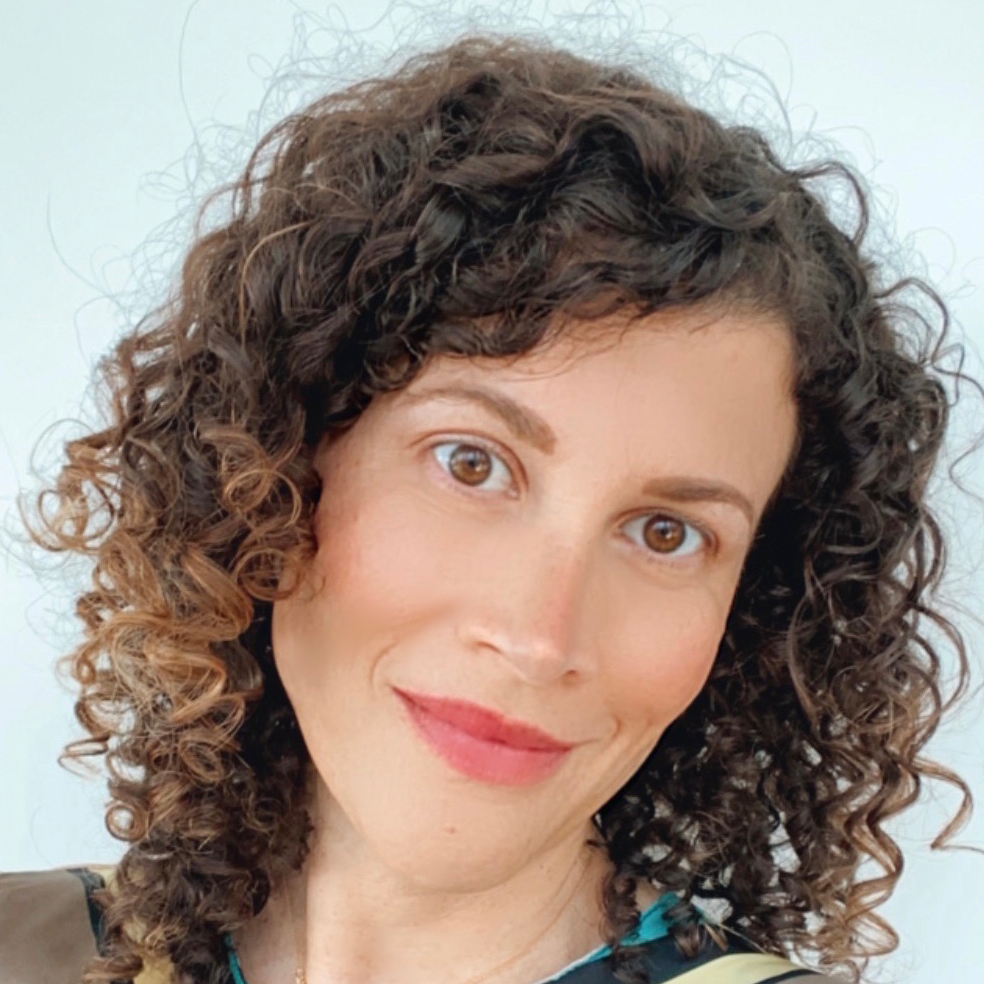
With Rochelle Cohen-Schneider’s retirement (see story, here), the Aphasia Institute welcomes Natalie Gierman to the role of Director of Clinical Services & Education Programs. We recently interviewed Natalie.
Firstly, congratulations and welcome to the Aphasia Institute. We have known you for a long time as a member of our Quality, Ethics and Research Committee and other advisory committees, so you already knew a lot about us stepping into this role.
Yes, being on those committees meant I had the privilege of working with Rochelle Cohen-Schneider and Aura Kagan [Executive Director and Director of Applied Research and Education], so I had a good sense of the Aphasia Institute’s mission and values. I knew that Rochelle had already built a fantastic team and developed strong external relationships, and this paved a very friendly path for me to move into my new role when she retired.
What can you say about the reality vs. the expectations you had coming here?
I am still in learning mode but this role is exceeding my expectations. The staff are committed to creating a high-quality experience for members, volunteers, students, and trainees, and they amaze me with their expertise and empathy. We’re a small organization with a small team and limited resources, so we must collaborate to get work done. Our Synergy of Service model supports collaboration, our research feeds into our programs, and programs feed into research, and the same with training and education and the other initiatives we do. They’re all integral pieces of the puzzle that makes up the Aphasia Institute.
With Aura, we have someone remarkable leading our organization. She brings so much to the table. Her passion for the work and her ability to see the big picture brings us all along on an exciting ride. She is always encouraging me to try new things and approaches. One of the things that was so attractive to me about joining AI was that creativity and innovation are encouraged, and I see my staff innovating every single day.
How would you describe your work as part of AI’s Executive Team?
I am really enjoying my work with the Exec Team. We all have very different backgrounds, skills, and ways of approaching things, and we find a way to come together and find consensus. Something new this year is creating a broader leadership team, so the managers join us and bring a whole other lens to the table, drawing on their expertise as clinicians and their day-to-day work in our direct service. They’re helping us find better ways of doing things.
I know you have a strong interest in Equity, Diversity and Inclusion (EDI). How will you be engaged in that work at AI?
I do have a strong commitment to EDI and to the principles of Truth and Reconciliation. I think it’s imperative for everyone to learn as much as they can about colonization and the legacy of residential schools. We have a really thoughtful recreational therapist, Fatima Cabral, who shares that interest, and I am thrilled to see her organizing so many learning opportunities for our staff, volunteers, and members on Indigenous peoples’ health and culture. I think the Aphasia Institute as a whole is very much an organization committed to equity. I see that in how we serve our members and our commitment to reducing the barriers they face in their lives, whether it’s because of their aphasia or other issues such as socioeconomic status. I am also looking forward to getting involved with our EDI Committee of staff, volunteers, and clients.
What are your passions outside of work?
We are restoring a 130-year old house in Dufferin Grove and we also have a puppy that we are madly in love with! Both keep us busy. I also love watercolour painting—I am quite terrible at it—and being outside and staying physically active. Before the pandemic I loved to travel. In fact, I was about to fly to Indonesia the day before our first pandemic lockdown. I am hoping to start travelling again when things are safer to do so and our first stop will be somewhere near the ocean.
With a Master’s Degree in public health from the University of Toronto and as a recent recipient of a PMP designation, NATALIE GIERMAN brings with her over 15 years of experience working in the health NGO sector, with a focus on strategies to advance systems change and increase equitable access and the uptake of best practices in health care. Natalie is also committed to practicing the principles of equity and diversity and the Calls for Action of the Truth and Reconciliation Commission. For the past seven years, she has been engaged in improving stroke and cardiovascular care in Ontario, working alongside the research community, clinicians, patients, policy makers, and provincial agencies such as CorHealth Ontario. Natalie participated in national tables that include the Canadian Stroke Best Practice Advisory Committee. In her new role at the Aphasia Institute, Natalie leads our clinical teams that provide direct aphasia service to our clients and education & training that serves healthcare providers across Ontario and internationally.

